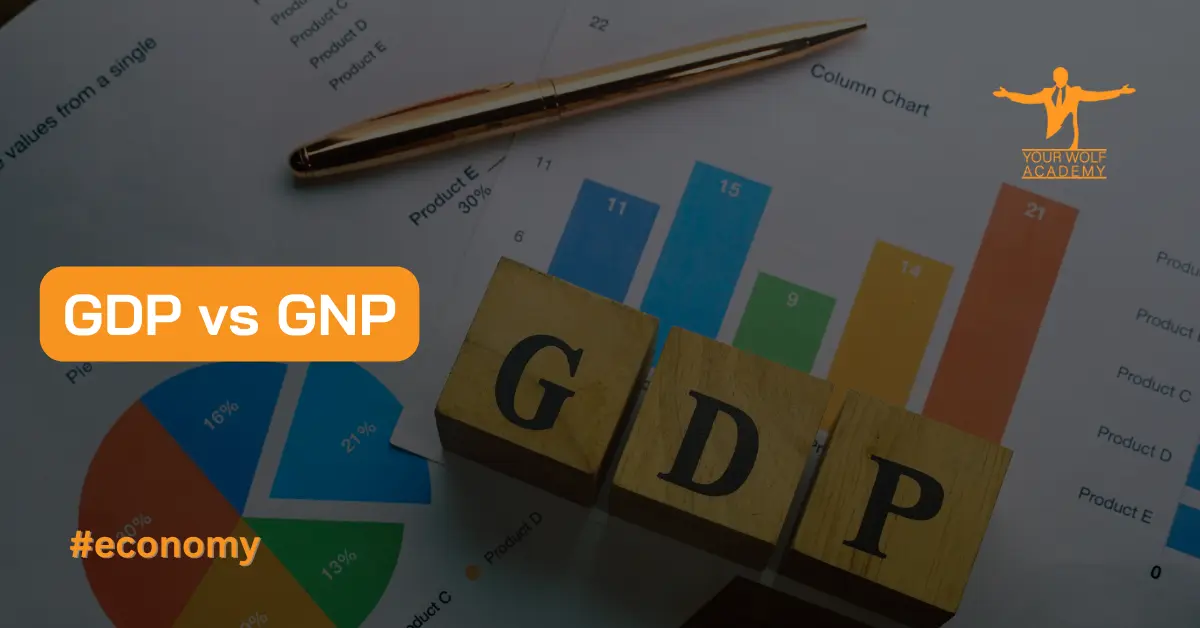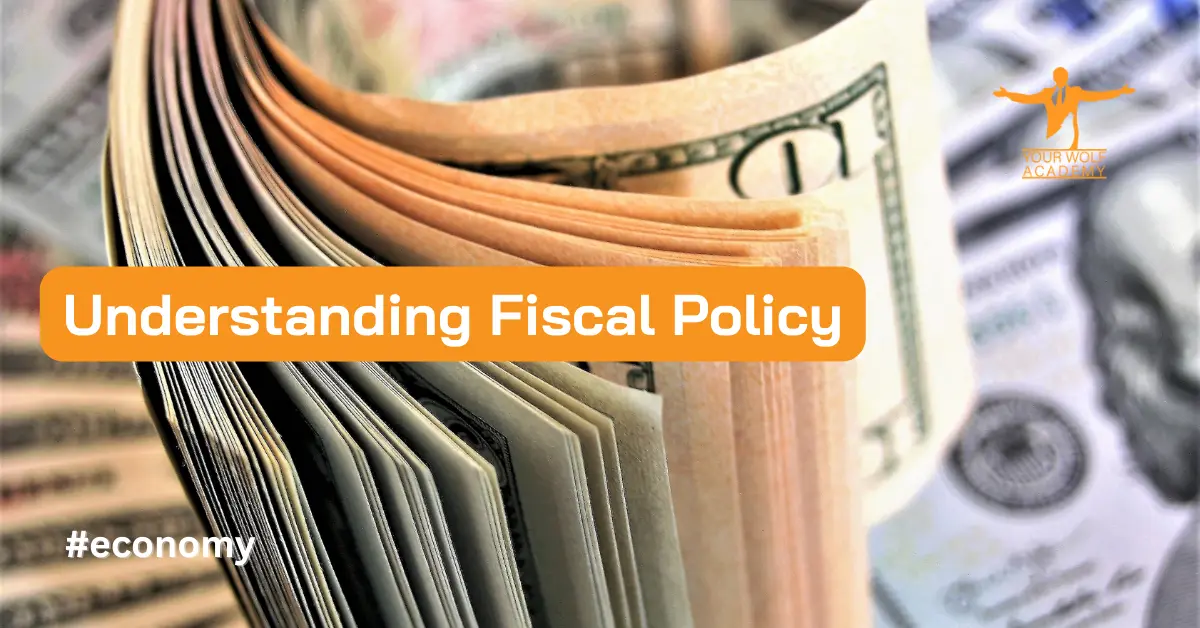Understanding Gross Domestic Product and Gross National Product
GDP, Gross Domestic Product, and Gross National Product are economic terms that are often used interchangeably. However, they represent different concepts and are calculated differently. In this article, we will delve into the meaning of each term, their calculation methods,...
Understanding the Evolution of the G7, G8, and G10: An Overview
The world is changing rapidly, and as it does, new challenges arise that require global cooperation and coordination. This is where the Group of Seven (G7), Group of Eight (G8), and Group of Ten (G10) come in. These are international...
Gold Certificate: What Is It and How Does It Work?
Gold has been a valuable commodity for centuries, and its value has only increased with time. Investors have been investing in gold for a long time as a safe-haven asset. In recent times, the popularity of gold certificates has increased...
Understanding GER30: An Overview of Germany’s DAX Index
GER30, also known as the DAX index, is the benchmark index for the German stock market. It is considered one of the most important indices in Europe and is closely watched by investors around the world. In this article, we...
Understanding Fiscal Policy: Definition, Importance, and Tools
Fiscal policy is a critical aspect of macroeconomics that governs how governments manage their spending, taxation, and borrowing to maintain economic stability. Essentially, it is the government’s use of its revenue and expenditure policies to influence the economy’s performance. The...
What Does Per Capita Mean?
Per capita is a term that is often used in economics, finance, and statistics to describe a measurement that indicates the average per person in a given population. This measurement is important because it allows analysts to compare and contrast...
What Happens If You Don’t File Taxes: Understanding the Consequences
Taxes are an essential part of modern society, and most people are required to file tax returns every year. The tax system is designed to collect revenue for the government, which uses the funds to provide public services and maintain...
The Ins and Outs of Carry Trade: Understanding the Strategy, Risks, and Benefits
Carry trade is a popular trading strategy that has gained popularity among traders and investors. The strategy involves borrowing in a low-interest-rate currency and investing in a high-interest-rate currency, aiming to profit from the interest rate differential. In this guide,...
Understanding Currency Devaluation and Revaluation: Impacts and Strategies
Currency exchange rates have significant impacts on global trade and economic stability. Changes in exchange rates, such as currency devaluation and revaluation, affect imports and exports, inflation, investment opportunities, and consumer purchasing power. Understanding these concepts and their implications is...
European Central Bank: Its Role, Functions, and Impact on the European Union’s Economy
The European Central Bank (ECB) is a crucial institution in the European Union (EU), responsible for ensuring price stability, managing the euro currency, and implementing monetary policies. It was established in 1998, as a result of the Maastricht Treaty, and...









